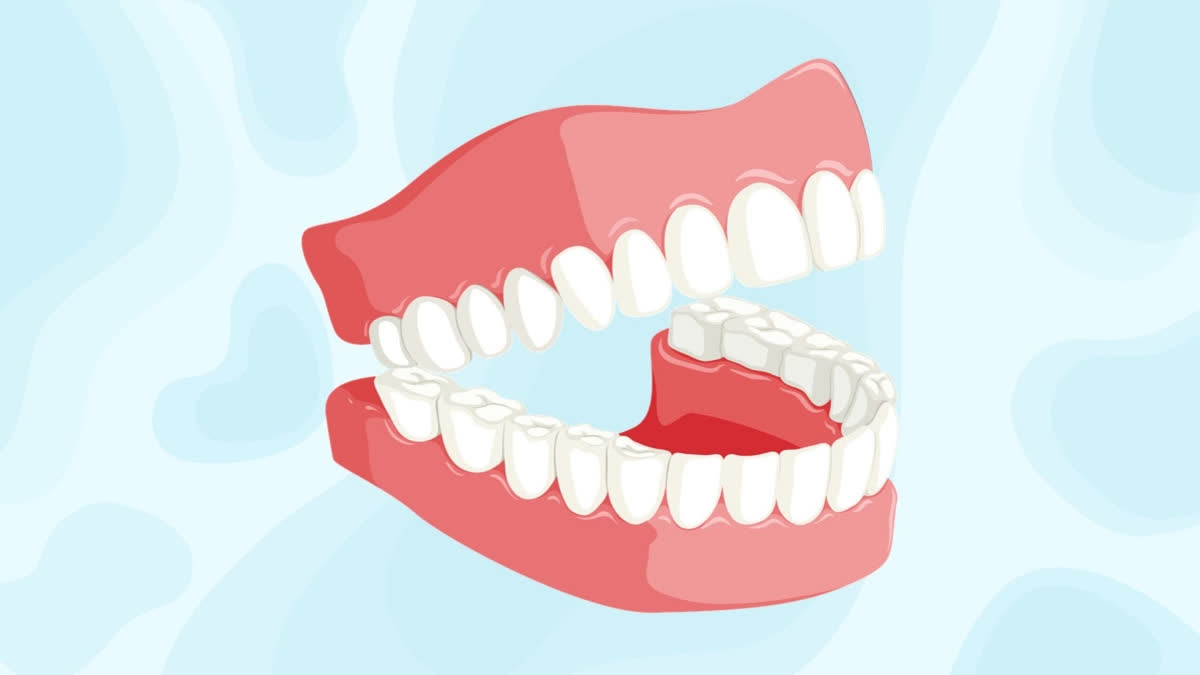Tokyo (Japan): Poor dental health can lead to decline in brain volume, and increase the risk of Alzheimer's disease, warned a study. The study, published in the journal Neurology, found that gum disease and tooth loss were linked to brain shrinkage in the hippocampus, which plays a role in memory and Alzheimer's disease. The study, however, does not prove that gum disease or tooth loss causes Alzheimer's disease; it only shows an association.
"Tooth loss and gum disease, which is inflammation of the tissue around the teeth that can cause shrinkage of the gums and loosening of the teeth, are very common, so evaluating a potential link with dementia is incredibly important," said Satoshi Yamaguchi, from Tohoku University in Sendai, Japan.
"Our study found that these conditions may play a role in the health of the brain area that controls thinking and memory, giving people another reason to take better care of their teeth." The study involved 172 people with an average age of 67 who did not have memory problems at the beginning of the study.
Also read; International Kissing Day 2023: Encouraging Expression of Love
Participants had dental exams and took memory tests at the beginning of the study. They also had brain scans to measure volume of the hippocampus at the beginning of the study and again four years later. Researchers found that the number of teeth and amount of gum disease was linked to changes in the left hippocampus of the brain.
For people with mild gum disease having fewer teeth was associated with a faster rate of brain shrinkage in the left hippocampus. However, for people with severe gum disease having more teeth was associated with a faster rate of brain shrinkage in the same area of the brain. After adjusting for age, researchers found that for people with mild gum disease, the increase in the rate of brain shrinkage due to one less tooth was equivalent to nearly one year of brain ageing.
Conversely, for people with severe gum disease the increase in brain shrinkage due to one more tooth was equivalent to 1.3 years of brain ageing. Another recent study showed that skipping night-time dental hygiene sessions can increase the risk of heart disease. "These results highlight the importance of preserving the health of the teeth and not just retaining the teeth," Yamaguchi said. "Controlling the progression of gum disease through regular dental visits is crucial, and teeth with severe gum disease may need to be extracted and replaced with appropriate prosthetic devices." (IANS)
(This story has not been edited by ETV Bharat and is auto-generated from a syndicated feed.)



